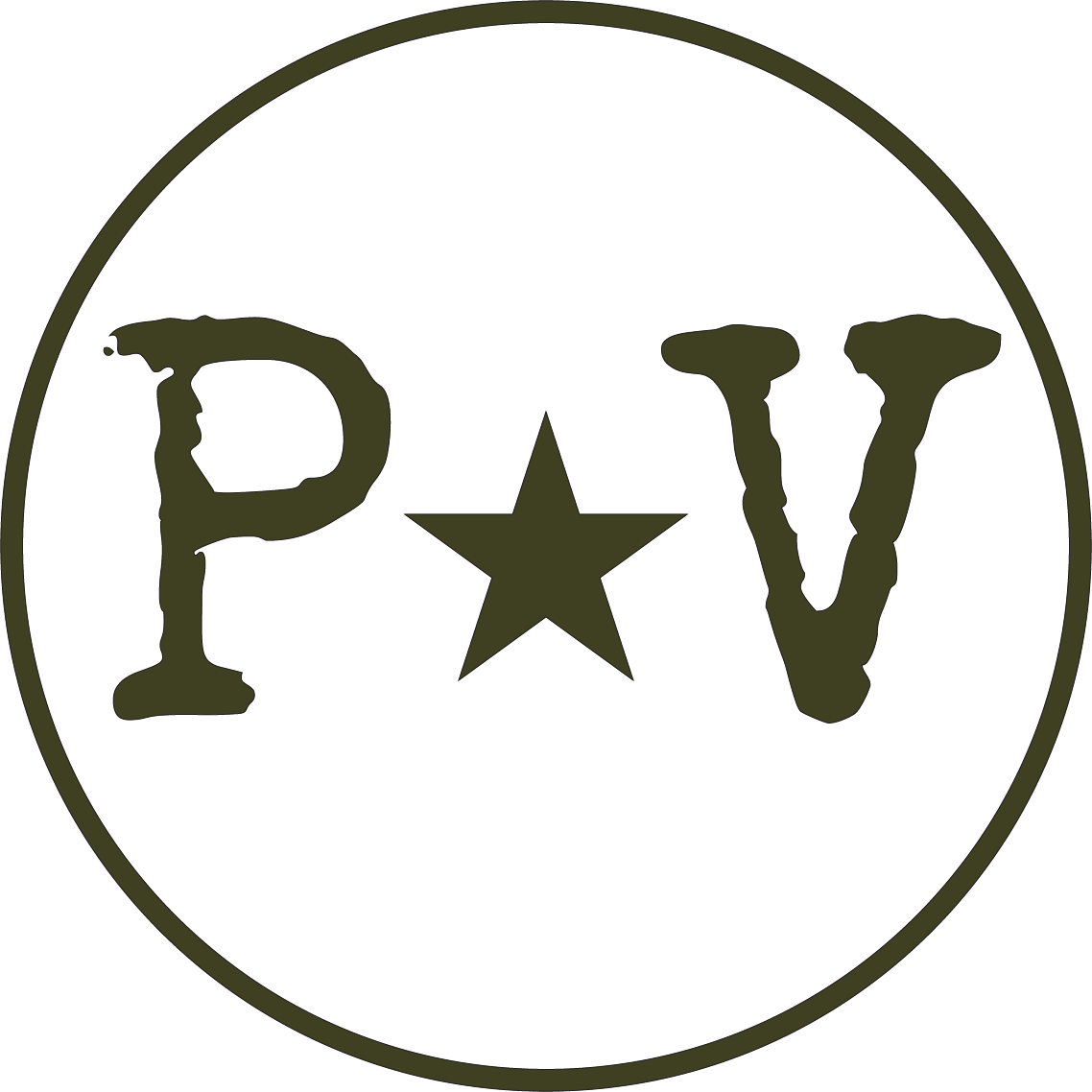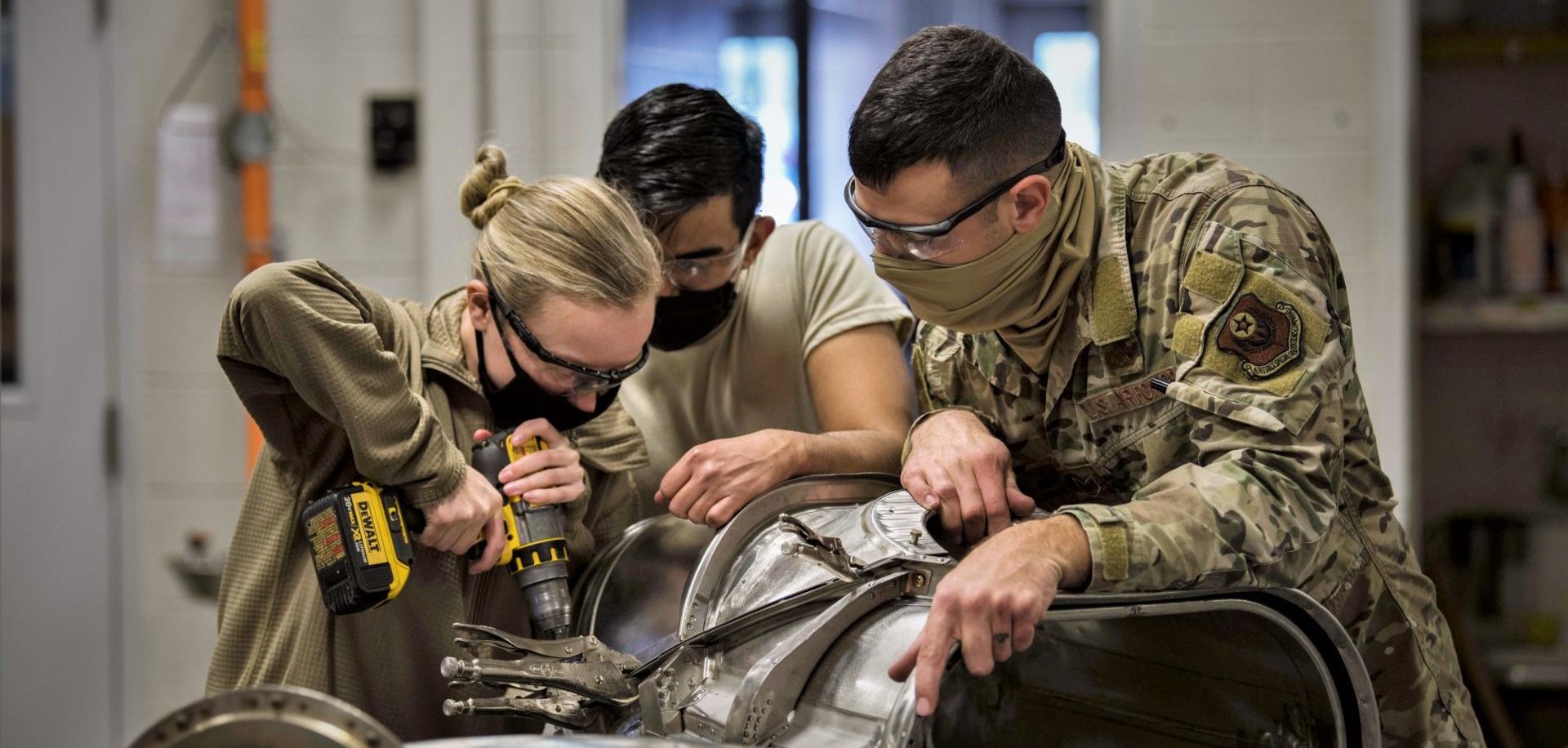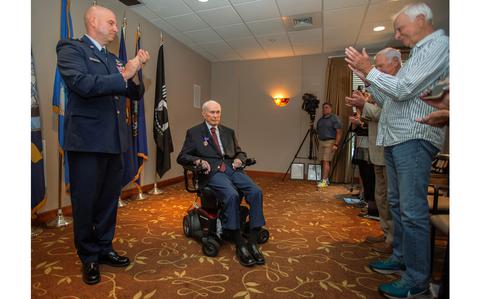Rear Adm. Joseph Eaton, a decorated Naval officer with over four decades of service in the late 1800s and early 1900s, was buried without military honors in Dracut, Massachusetts, after a mysterious death in April 1913. Discovering this oversight, the Dracut Historical Society, led by Kent Varnum, aimed to rectify it. On the 110th anniversary of Eaton’s passing, a gathering at Oakland Cemetery honored his memory.
Born in Alabama in 1847, Eaton joined the U.S. Naval Academy in 1863 during the Civil War. Over his illustrious 40-year military career, he undertook various naval assignments, including commanding the USS Resolute during the Spanish-American War. He was also involved in the Darien Expedition, a Panama survey commissioned to chart a route between the Atlantic and Pacific oceans.
Despite his military accomplishments, Eaton’s lack of a proper military burial stemmed from his tumultuous personal life. His marriage to Mary Ann Varnum in 1871 was marked by tragedy and bizarre incidents, including a turbulent marriage and allegations of poisoning their adopted son. Eaton’s death in 1913, accompanied by an autopsy revealing arsenic poisoning, led to accusations by his wife, Jennie May Ainsworth. Despite a trial and allegations of suicide, Ainsworth was acquitted.
Eaton’s absence of biological family and the tumultuous circumstances surrounding his death left him without a military burial. After more than a century, the Dracut Historical Society, with community support, finally honored him with a ceremony featuring prayers and a 21-gun salute.
This event aimed to restore Eaton’s legacy and recognize his contributions to the military, shedding light on his remarkable career amidst a tumultuous personal life.
The U.S. Darien Expedition, a significant historical event, aligns with the narrative of Rear Adm. Joseph Eaton, who was involved in this expedition as part of his remarkable naval career. This expedition, also known as the Darien Survey Expedition, took place in the late 19th century and was commissioned to chart a potential route between the Atlantic and Pacific oceans through the Isthmus of Darien in Panama.
In 1870, Eaton and a team of American naval officers embarked on this ambitious mission. The primary objective was to assess the feasibility of constructing a canal or railroad across the Isthmus of Darien, which would significantly reduce the time and cost of maritime travel between the Atlantic and Pacific coasts. The idea was to create a shortcut for ships, avoiding the lengthy and perilous journey around the southern tip of South America.
The expedition involved conducting extensive surveys, mapping the topography, and evaluating the natural resources of the region. Eaton played a crucial role as a scientist and officer during this expedition, contributing to the data collection and analysis necessary for making informed decisions regarding the potential canal or railroad project.
The Darien Expedition marked a significant chapter in the history of American exploration and the quest for improved transportation routes. Although the idea of a canal across the Isthmus of Darien would ultimately lead to the construction of the Panama Canal in the early 20th century, the Darien Expedition itself serves as a lesser-known but essential precursor to this monumental engineering achievement.
Rear Adm. Joseph Eaton’s involvement in the Darien Expedition underscores the multifaceted nature of his military career, as he not only served as a naval officer but also contributed to scientific exploration and strategic planning during this historic endeavor. This expedition’s findings and contributions, along with those of Eaton, played a crucial role in shaping the future of international trade and transportation routes between the two oceans.
Navy veteran gets military funeral more than a century after his death (lowellsun.com)




